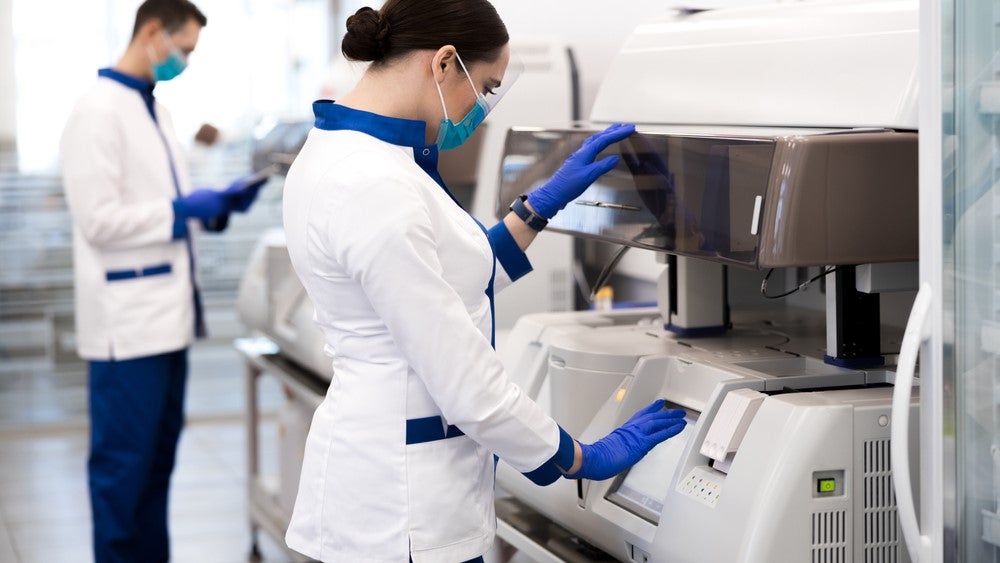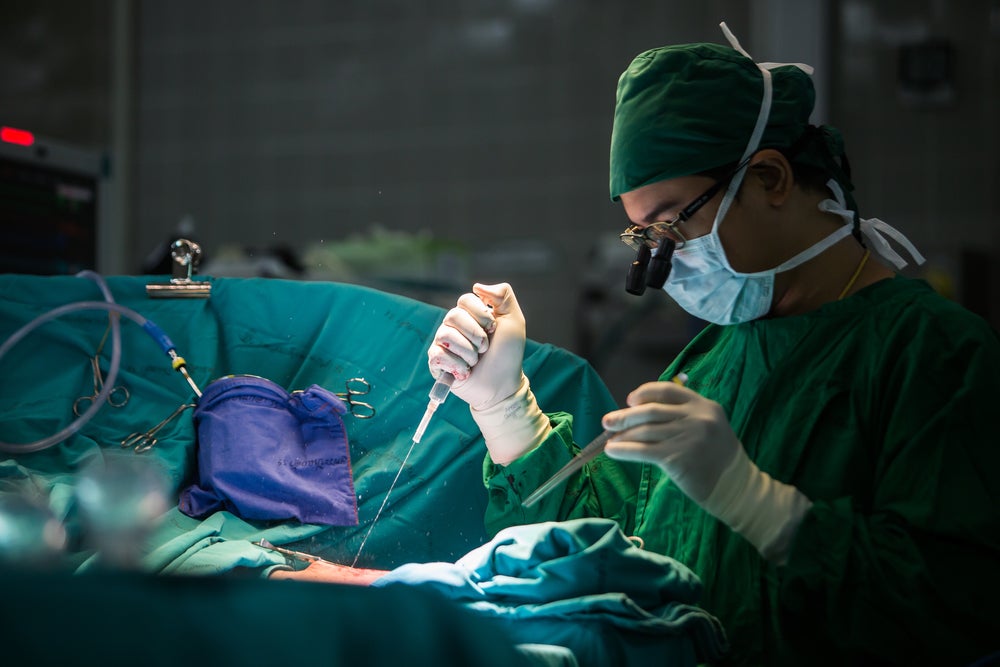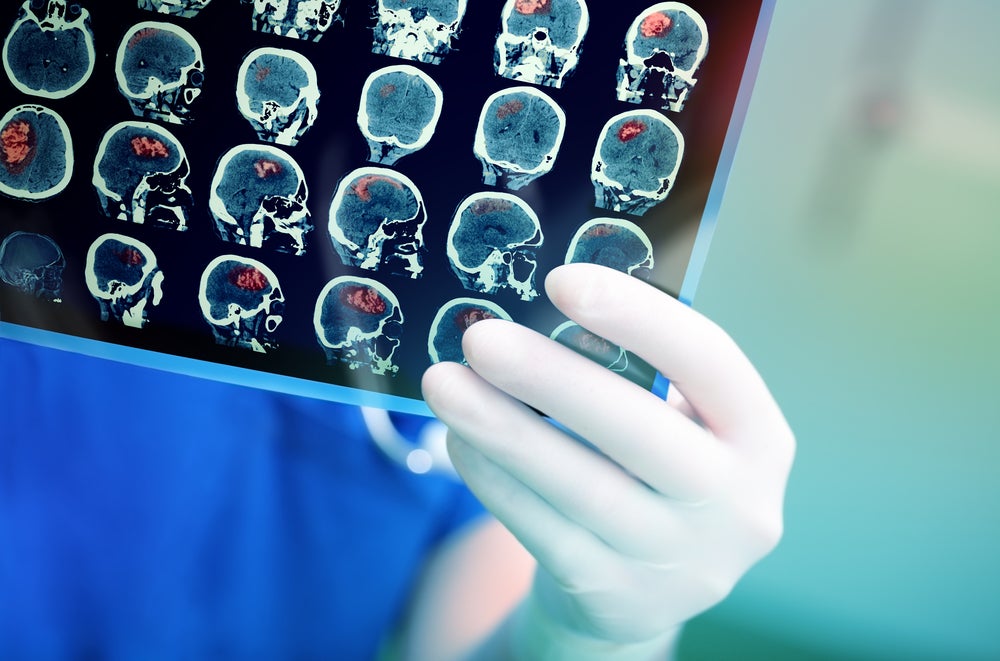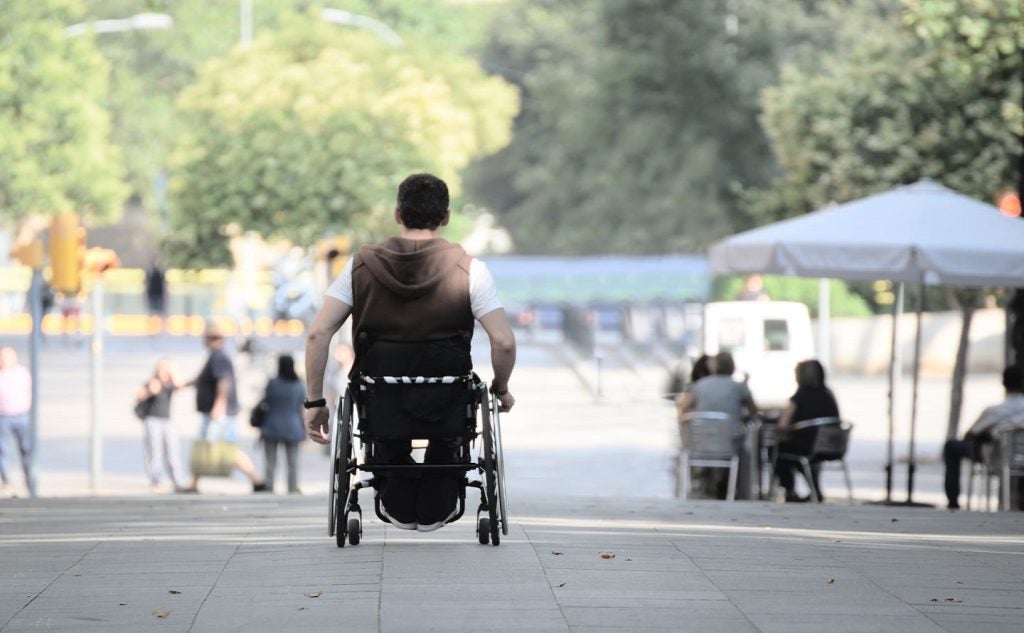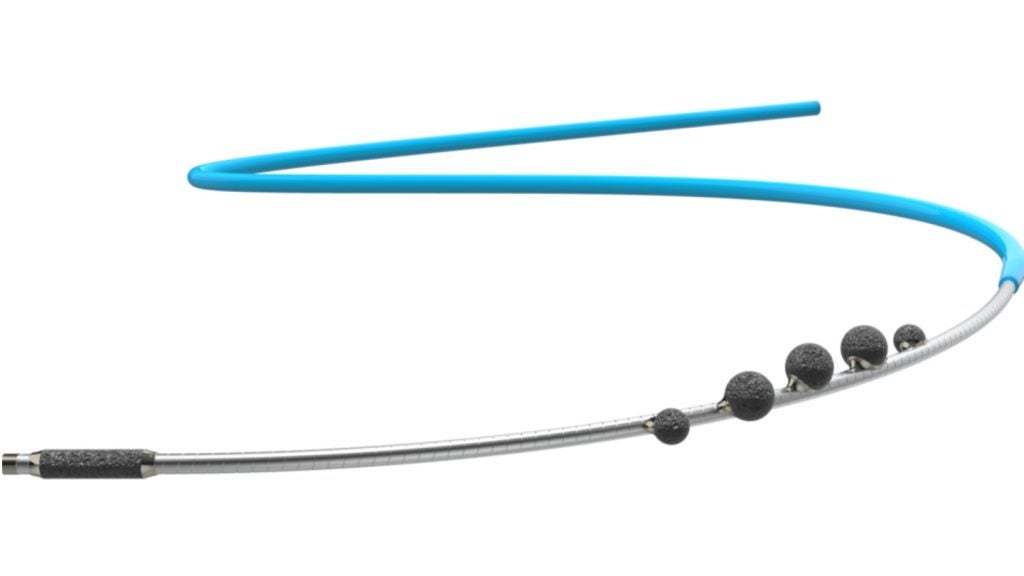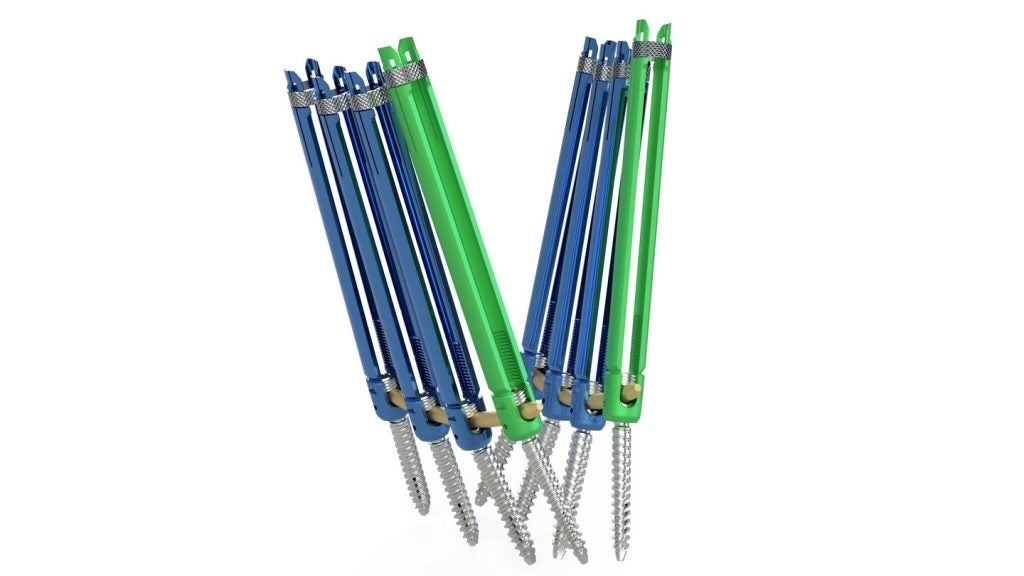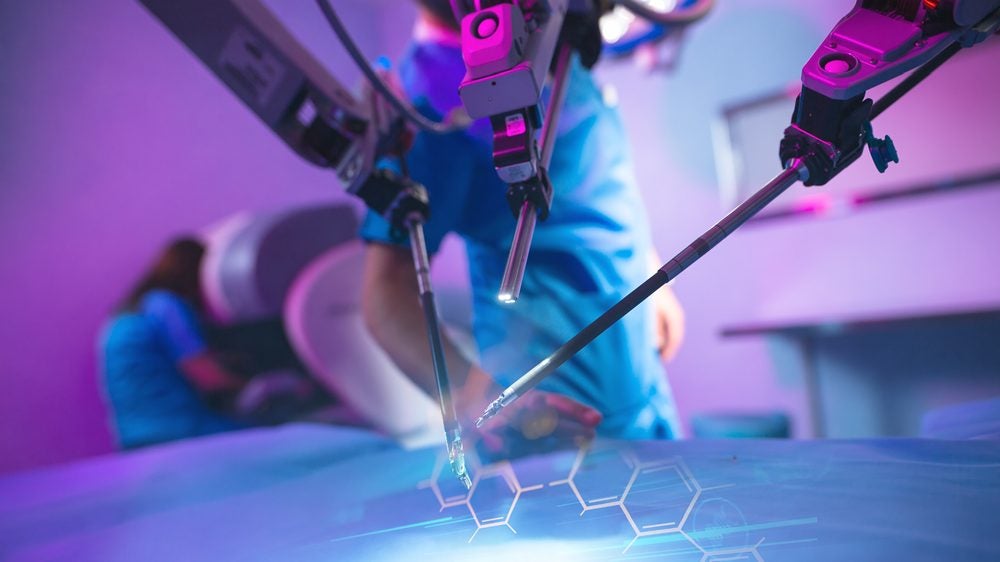Roche’s Elecsys interleukin 6 (IL-6) immunoassay has been awarded a CE mark to be used as a diagnostic test for neonatal sepsis.
IL-6 is produced in response to infections and tissue injuries. With IL-6 increasing in measurable concentration before other infection or sepsis biomarkers, it makes interleukin a more suitable biomarker for early diagnosis of inflammation, infection, or sepsis.
Elecsys IL-6 is an in vitro diagnostic test for the quantitative analysis of IL-6 in serum and plasma. It takes about 18 minutes to run and needs about 18 or 30 μL of blood. The electrochemiluminescence immunoassay is only intended to be used on cobas e immunoassay analysers.
Neonatal sepsis is a life-threatening infection acquired by babies within the first 28 days of life. It can be caused by a variety of pathogens, including bacteria, fungi, or viruses, in the blood. The World Health Organization (WHO) estimates that 6.9 million cases of possible serious bacterial infection occur in neonates every year, which can result in sepsis.
The diagnosis of neonatal sepsis is difficult as neonates display non-specific signs and symptoms. Furthermore, usual blood cultures take up to 48 hours which can delay the diagnosis of sepsis. Early disease diagnosis is often associated with reduced morbidity and mortality.
Another diagnostic test to detect blood pathogens is BioFire Diagnostics’ FilmArray Blood Culture Identification (BCID) Panel. The 27-target panel identifies more than 200 blood pathogens known to cause sepsis in individuals. The panel was approved by the US Food and Drug Administration (FDA) in 2013.
In June, Asep Medical unveiled an artificial intelligence (AI) technology to detect infections associated with severe sepsis. It analyses the dysfunctional immune responses in sepsis to detect genes to predict the likelihood of a patient developing sepsis.


